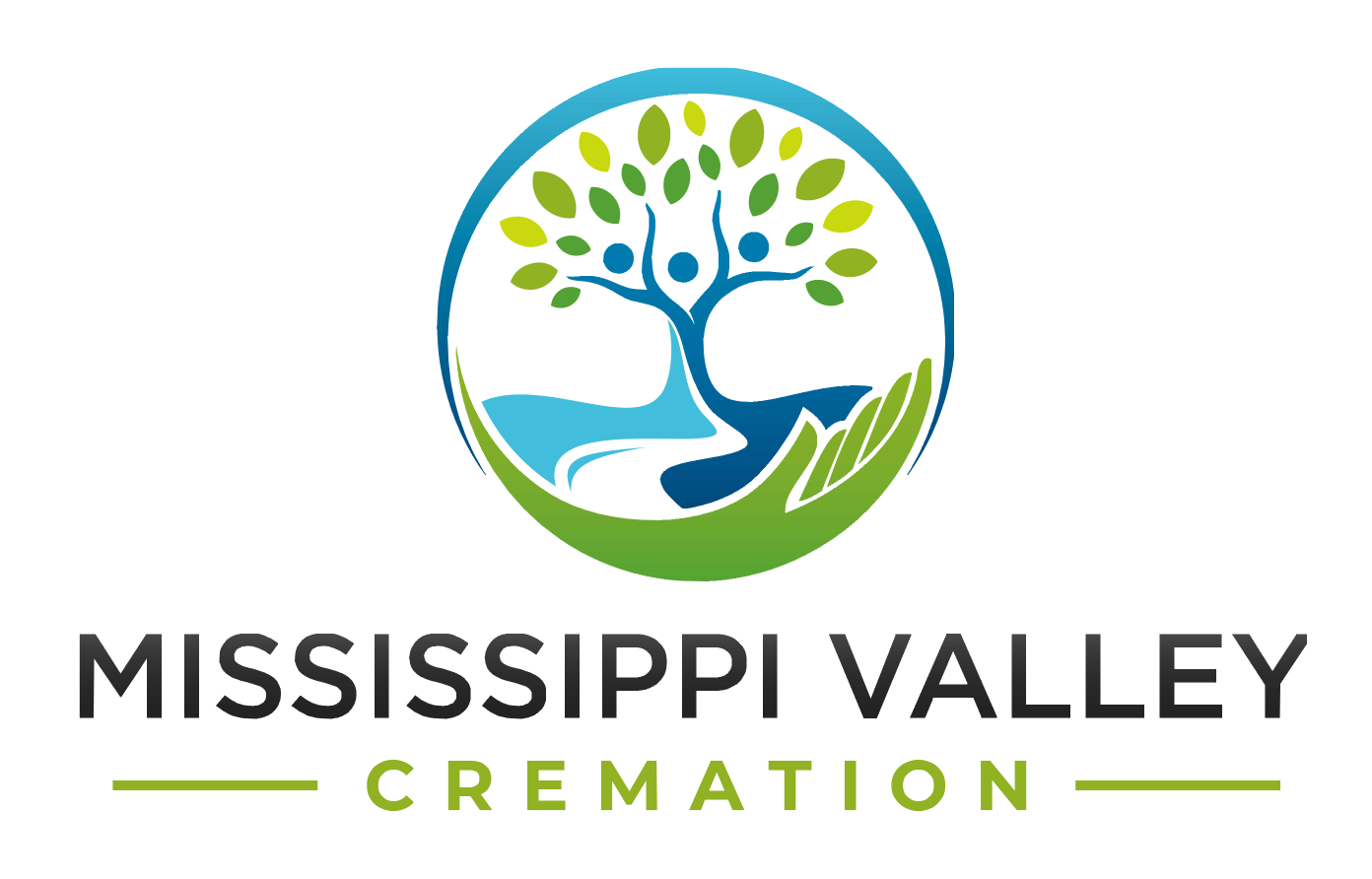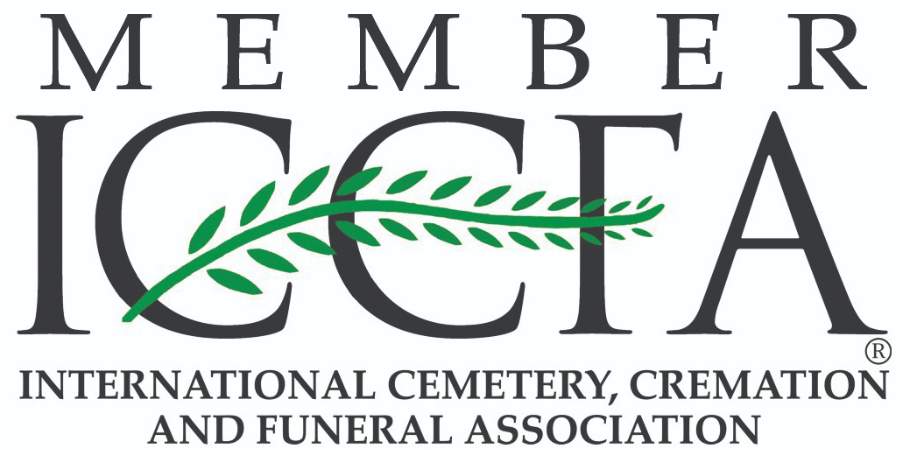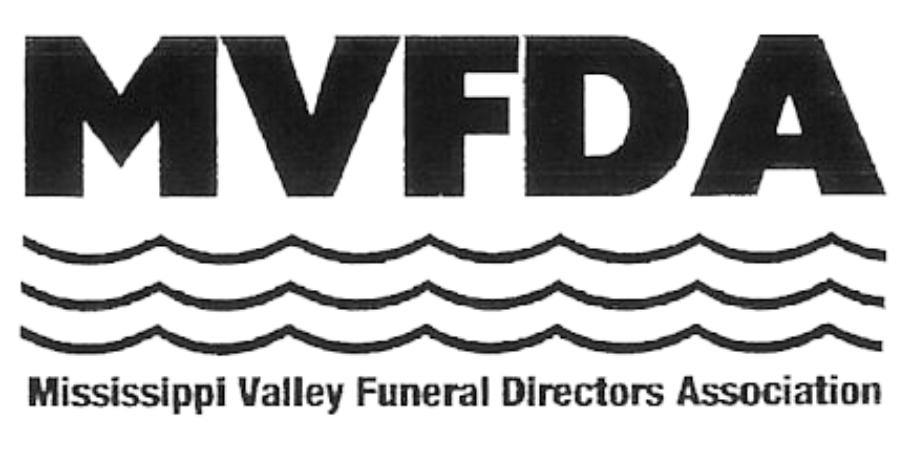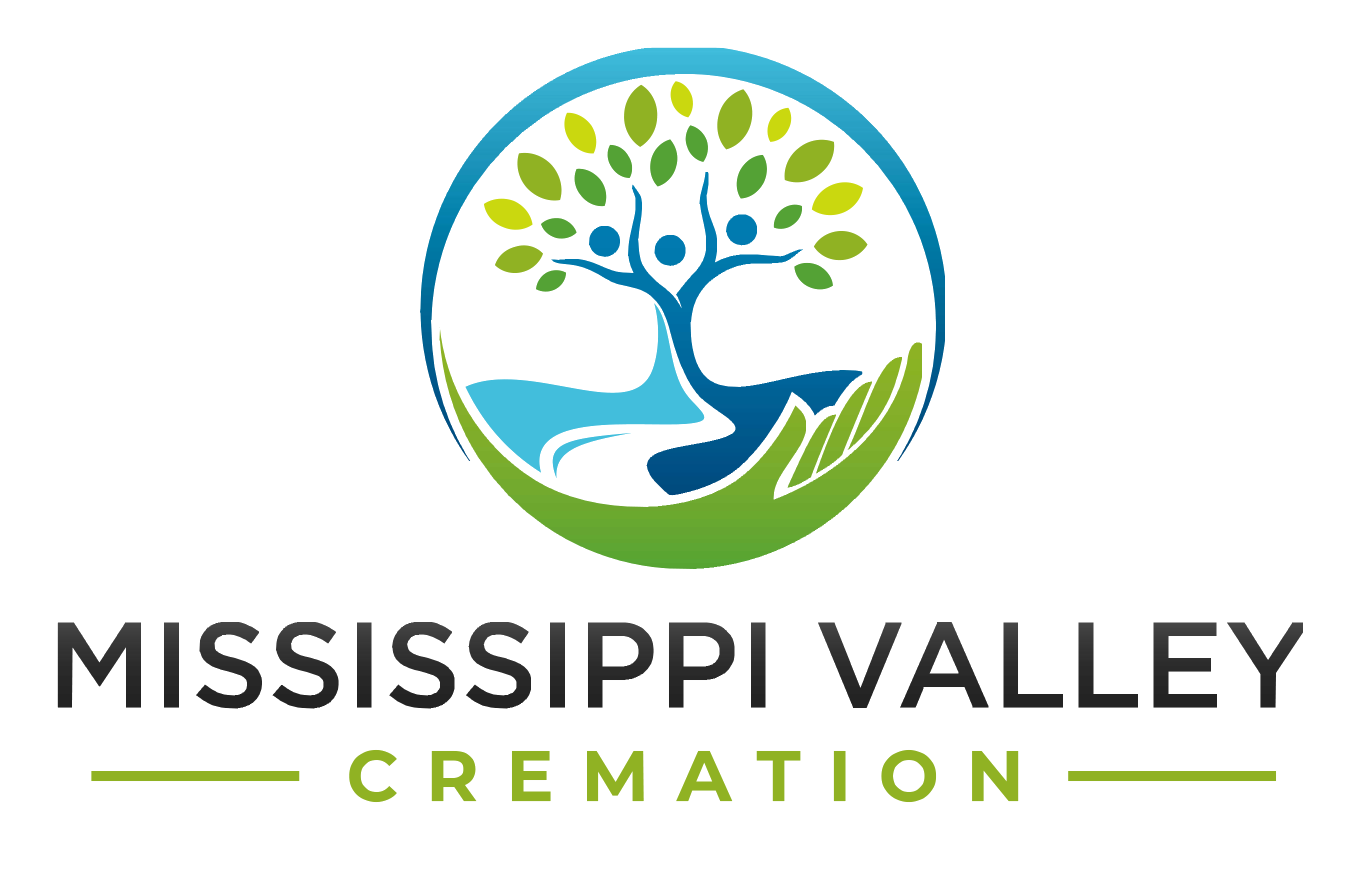Frequent QUESTIONS
Frequent Questions
Click on the questions below to reveal each respective answer.
-
How long must we wait after a family member's death before we can proceed with cremation?
Unlike burial, cremation is irreversible. Therefore, we must be exceptionally diligent in obtaining authorization for cremation from the legally identified next-of-kin, as well as any necessary agencies, such as the medical examiner. During the required 48-72 hours (depending on state-mandated requirements), the deceased will be held in a secure, refrigerated environment.
-
How much will the cremation cost?
When you discuss the cost of your loved one's cremation with us, whether over the phone or in person, we are legally obligated to provide you with our General Price List (GPL). This list details the actual cost of our cremation services, which includes our basic professional services fee, the fee charged by the crematory for the use of their facilities, and any additional charges related to the transportation and safekeeping of the deceased prior to the cremation. Since it is impossible to quote an accurate cost for cremation here, we urge you to speak candidly about cremation costs with your funeral professional.
-
Can I participate in the cremation?
The answer to this question depends on the specific crematory responsible for your loved one's care, but generally, the answer is "yes." The extent of your participation may vary depending on the crematory's facilities. Please discuss this with your funeral director if this is important to you or another family member.
-
Am I allowed to purchase an urn from another source, or must I buy one from you?
The FTC's Funeral Rule ensures that funeral directors present funeral service options ethically and fairly. One of the rights it guarantees is the ability to purchase a cremation urn (or a casket) from a third-party source. Your funeral director cannot prevent you from doing so, nor can they charge you an extra fee for using a third-party urn. Additionally, they cannot require you to be present for its delivery to the funeral home.
-
What should I do with my loved one's cremated remains?
As mentioned before, the word "should" doesn't have to guide our conversation. There are numerous ways to handle their ashes, including keeping them safely at home with you for now. The right way to honor them will reveal itself in time. There are many possibilities: scattering the ashes on land or at sea is common, or you might consider using them to create keepsake jewelry or meaningful artworks. Ultimately, there's no obligation—only what feels right to you, and you have full control over that decision. If you're interested in exploring your options, feel free to reach out to us. We're here to share our knowledge with you.
-
If we choose cremation, is embalming required for my loved one?
No, embalming is generally not required if you choose cremation. However, there are exceptions. For instance, if you plan to have a viewing or visitation, it might be advisable to embalm your loved one to ensure they appear well-presented for the event. Some funeral homes may require embalming if you opt for these services. Under the FTC's Funeral Rule, we are prohibited from providing embalming services without your permission and cannot imply that embalming is mandatory by law. We are also obligated to provide you with written disclosures regarding embalming procedures for your loved one.
-
How long will the cremation process take for my family member?
Typically, the cremation process takes about 2 to 2 1/2 hours, depending on factors such as the type of cremator used and the size of the individual. Following cremation, there is a cool-down period, after which the cremated remains are processed to ensure a uniform appearance. For specific details relevant to your situation, we recommend discussing this with your funeral director.
-
What type of fuel is used for cremation?
Most cremators typically use natural gas, L.P. gas, or occasionally diesel oil. This can raise concerns among those seeking cremation as an environmentally-friendly option compared to traditional burial. If environmental impact is a concern for you, it's beneficial to discuss this with your funeral director. They can provide information on alternatives, such as burial in a "green" or environmentally-friendly cemetery.
-
Are individuals typically dressed when they are cremated?
It's quite common for us to receive this question! Some individuals may opt to be undressed, preferring to depart the world as they entered it. However, most of the time, the deceased is dressed in clothing they selected before passing away or chosen by family members after their passing.
-
Can we place special items in their cremation container?
It depends on what you consider "special", but we strive to honor the wishes of the surviving family members. Typically, families request to include notes, children's drawings, or other personal messages of love. However, we have also accommodated more unique requests, such as including a cherished pet's collar or a treasured keepsake. We recommend discussing any specific items you wish to include with your funeral director, who can provide guidance based on the regulations of the crematory responsible for your loved one's cremation.
-
Does this imply that we do not need to arrange a commemoration service?
Absolutely not. Choosing cremation simply refers to the method of handling your loved one's physical remains. A commemoration service is essential for those affected by the loss, providing them with compassionate support. Cremation offers a wider timeframe to plan a meaningful celebration of life for the family members left behind. Your funeral professional can assist you in making all the arrangements for such services.
-
I'm considering placing my loved one's ashes in the care of a local cemetery. What distinguishes a columbarium from a mausoleum?
Think of the Taj Mahal in India and you'll know exactly what a mausoleum is: it's free-standing building (in this case not in India but on the grounds of a local cemetery), which is intended as both a monument as well as the burial location for casketed individuals. A columbarium is the same in purpose, but not in design; instead of crypt spaces large enough for a full-size casket; it features smaller niche spaces, large enough for one (or maybe two) cremation urns.
-
Could you provide more details about what you're looking for in a service?
We wouldn't presume to dictate which service is best for your loved one. Your funeral director will be happy to offer guidance, explain the distinctions between service types (such as traditional funerals, memorial services, and celebrations of life), and share examples of meaningful ceremonies they've facilitated. Their aim is to empower you to make a decision that feels right for your circumstances.
-
What is the total cost for the cremation?
When you enter into a discussion with us about the cost of your loved one's cremation, whether on the phone or in-person, we are legally obligated to share our General Price List, or GPL, with you. That list details the actual cost of our cremation services, which is a combination of our basic professional services fee, the fee charged by the crematory for the use of their facilities, and any additional charges related to the transportation and safekeeping of the deceased prior to the cremation.
-
Are there any additional fees or charges that I should be aware of?
It's challenging to provide an exact answer without details of your planned cremation arrangements. However, typically, there are additional costs for services involving third-party vendors, such as publishing obituaries in local newspapers. Additionally, if you choose a decorative urn and opt for personalized engraving, there may be a nominal fee associated.
-
What are cash advance items?
When you come in to arrange cremation services for a loved one, we will provide you with our General Price List, which includes a section detailing the exact cost or a good-faith estimate of commonly-requested "cash advance items". According to Cornell University Law School's Legal Information Institute (www.law.cornell.edu), a "cash advance item" is defined as any service or product obtained from a third party and paid for by the funeral provider on behalf of the purchaser. These items may include, but are not limited to: cemetery or crematory services, pallbearers, transportation, clergy honoraria, flowers, musicians, nurses, obituary notices, gratuities, and death certificates.
-
Why is payment required for these items at the time of arrangement?
The reason is straightforward: we are obligated to pay for these services or products from third-party providers at the time of purchase on your behalf. Therefore, we collect payment for all cash advance items when the cremation service contract is agreed upon and signed by the responsible family member. For more details on our payment policies, please contact us to speak with one of our cremation service professionals.
-
Can we make arrangements to inter their ashes in cemetery grounds?
Certainly! You have the option to bury the ashes in-ground or place your loved one's cremation urn in a columbarium niche. Please discuss your cremation burial preferences with your funeral director for more detailed information.
-
What should I bring to the funeral home?
You'll need to bring the necessary documents and information for completing your loved one's death certificate and obituary. If you plan to have a service, consider bringing a selection of family photographs for a tribute video or to decorate the service location. Additional items may be requested depending on your specific arrangements. Your funeral director will provide you with a detailed list of what to bring to the arrangement conference.




